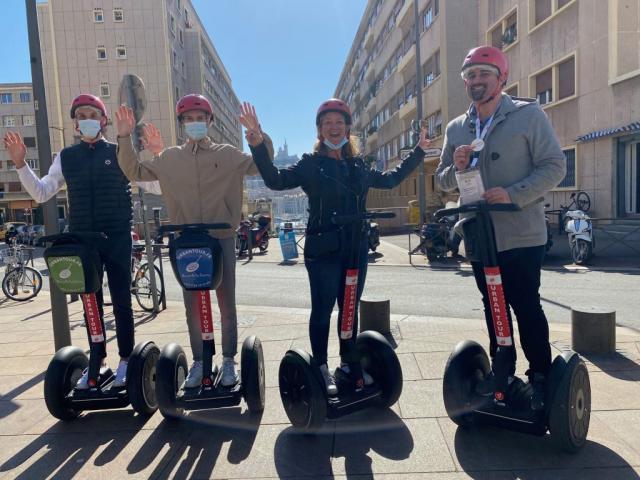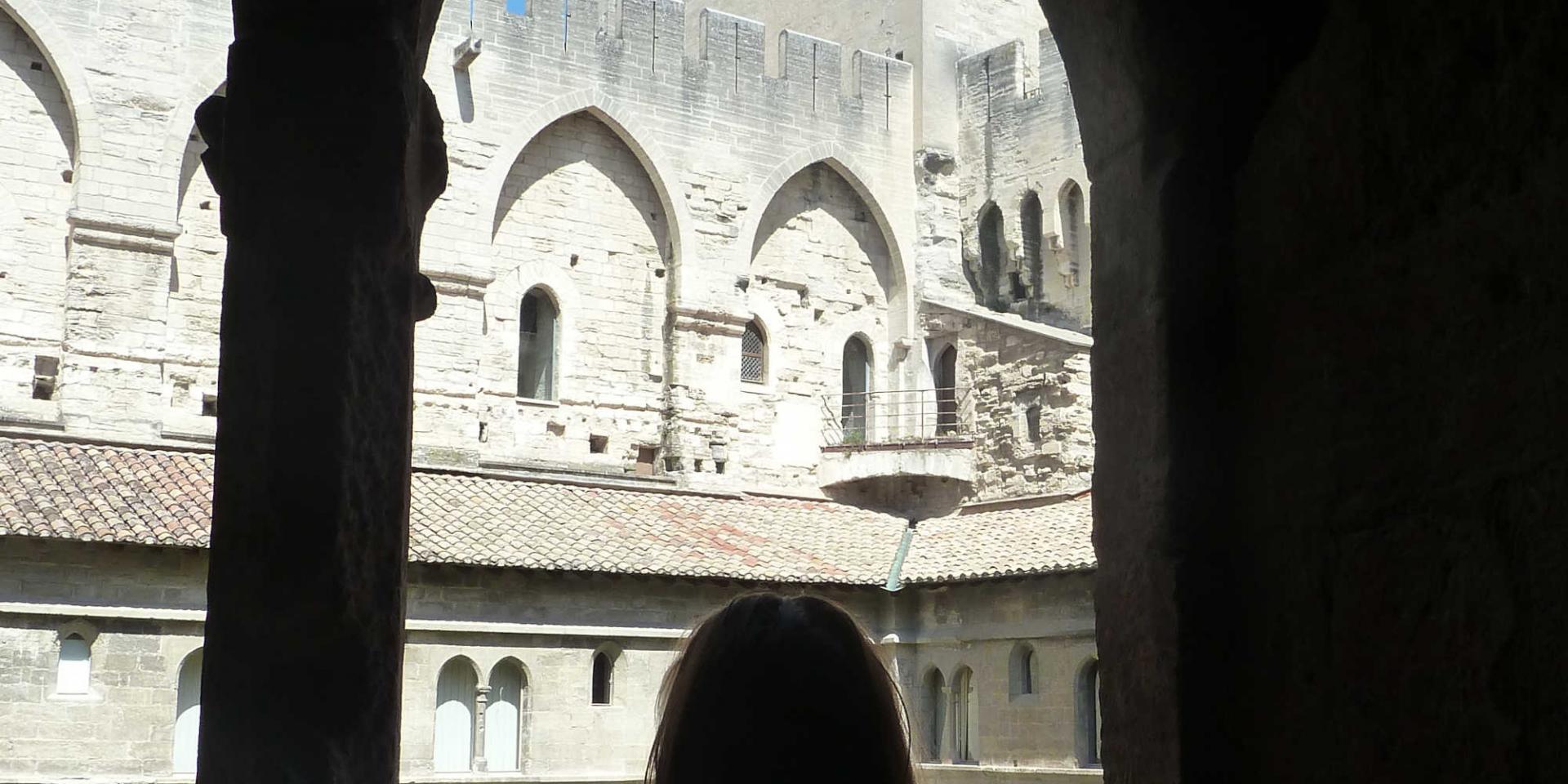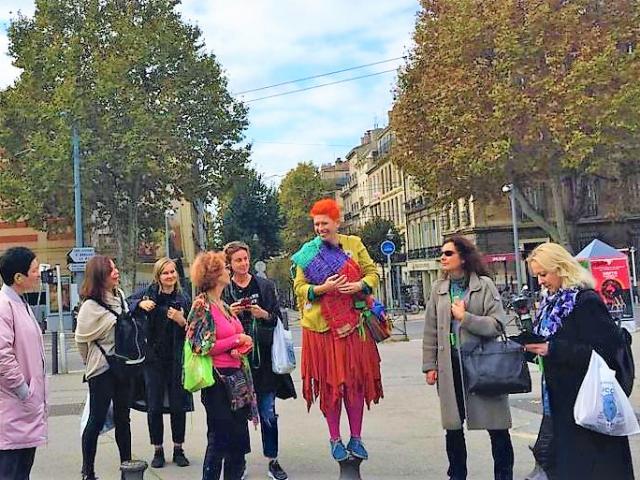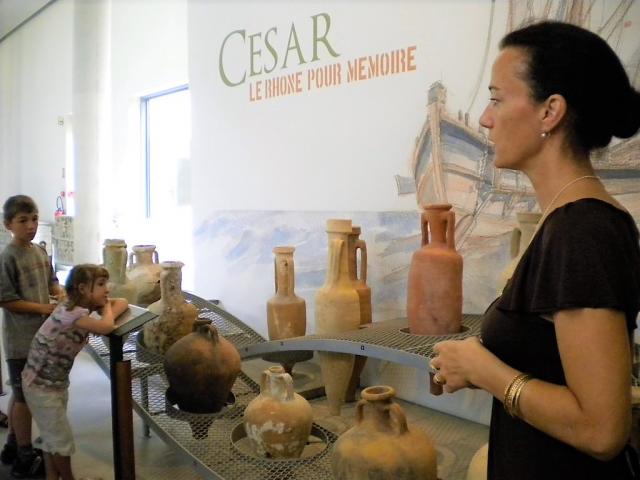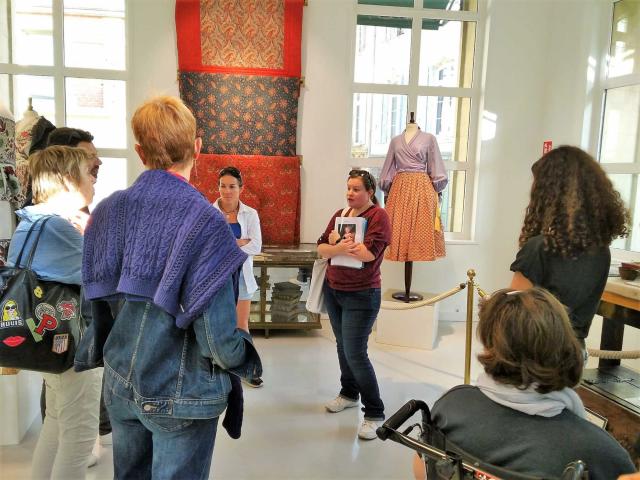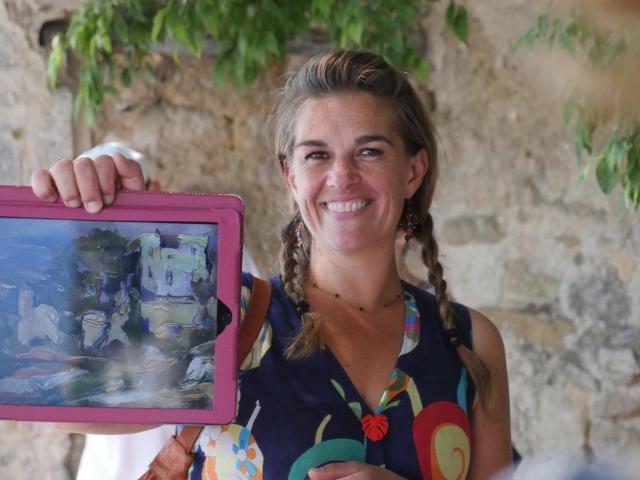Step 1: Manage your time as efficiently as possible
Your guide does his homework in advance. Equipped with social intelligence, he identifies your needs in order to provide you with a memorable cultural experience. He knows his tricks perfectly, both from the point of view of scientific content and logistics. He masters his tour itineraries and, when these include the entrance to a monument or museum, he takes care of the purchase of tickets. This means that he takes care of you and respects you and your time. He knows that you probably have connections to make (plane, train, cruise ship) or other schedule constraints after your visit.
